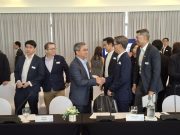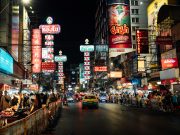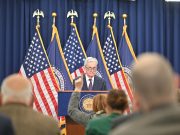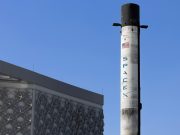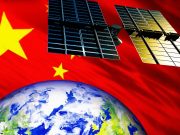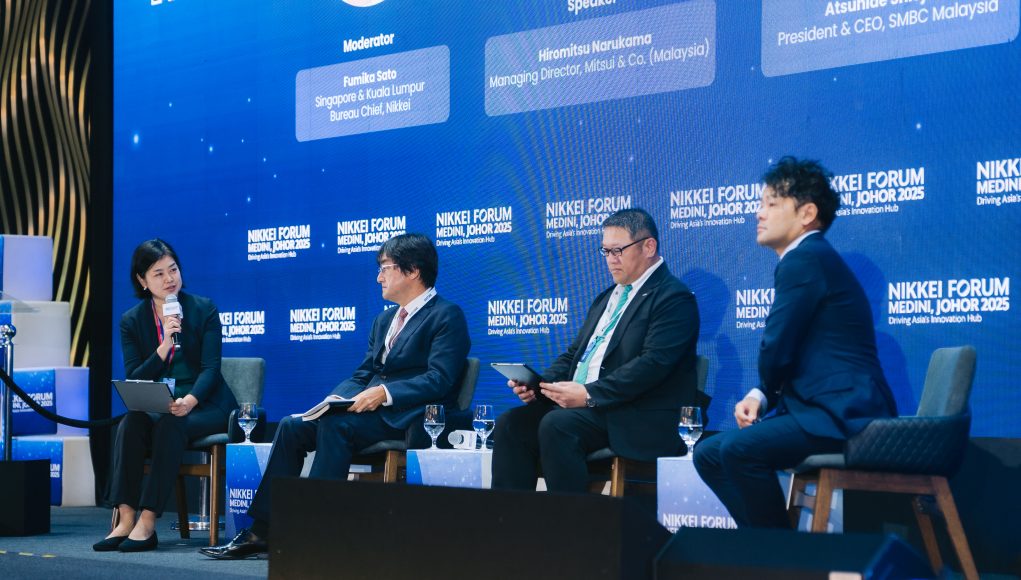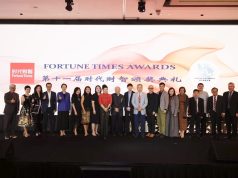(Singapore, 20.06.2025) Nikkei Forum Medini Johor 2025 is co-organised by Iskandar Investment Berhad (IIB) and Nikkei Inc. and hosted by State Government of Johor, together with strategic partner Invest Johor, BPEN Johor and Majlis Bandaraya Iskandar Puteri (MBIP), and it is concluded successfully on June 19 after two days of high-level discussion and regional cooperation.
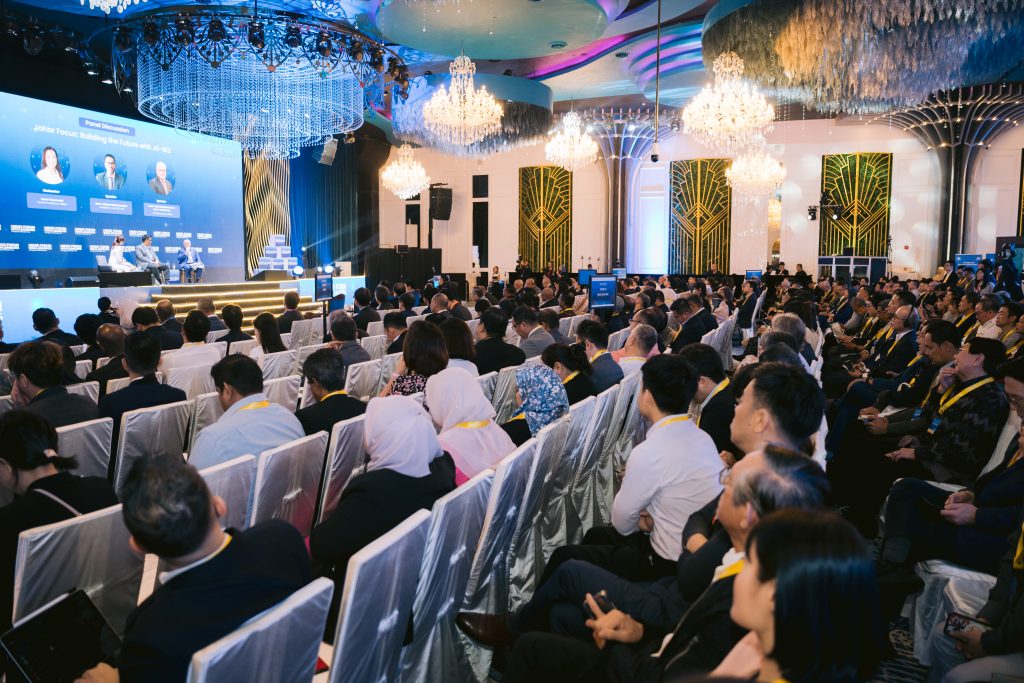
Held for the first time in Malaysia, the forum focused on Johor’s emergence as a dynamic economic hub in Southeast Asia. Nearly 500 delegates from Japan, Malaysia, and across ASEAN gathered at the Sunway Hotel Big Box in Iskandar Puteri to explore key topics such as green energy, cross-border innovation, supply chain integration, and regional connectivity.
Under the theme “Driving Asia’s Innovation Hub,” the forum emphasized the region’s role not just as a participant but a leader in global innovation. IIB President and CEO Dato’ Idzham Mohd Hashim stated, “This forum goes beyond dialogue. It mobilizes leaders and ideas, and strengthens the bridge between Japan, Malaysia, and the broader region, propelling Asia’s innovation agenda forward.”
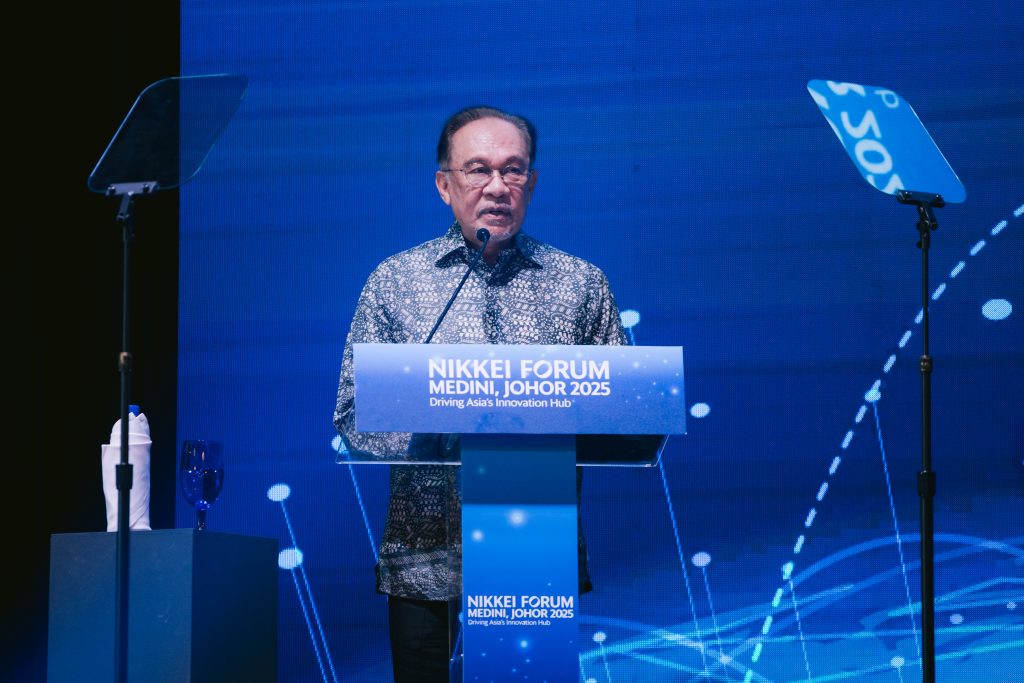
Igniting Asia’s Innovation Hub
The spotlight was on the newly launched Johor-Singapore Special Economic Zone (JS-SEZ), jointly initiated by the Malaysian and Singaporean governments in January. Malaysian Prime Minister Dato’ Seri Anwar Ibrahim, in his keynote address, emphasized that JS-SEZ represents a model of mutual trust and win-win collaboration. He described the zone as a “new growth engine” that has garnered attention from investors in Japan, China, South Korea, Europe, and beyond. “Do not underestimate the potential of this region,” Anwar asserted.
Johor Chief Minister Onn Hafiz Ghazi echoed this sentiment, highlighting that with the JS-SEZ, the upcoming RTS Link, Kuala Lumpur-Singapore High-Speed Rail, and the revived Forest City plan, Johor is positioning itself as an international metropolis.
Beyond economics, PM Anwar underlined the importance of cultural and ethical foundations in international partnerships. Referring to Japanese philosopher Toshihiko Izutsu’s work like “God and Man in the Quran” , comparative studies on the Quran and Taoism, Anwar advocated for deeper civilizational understanding as a basis for lasting cooperation. He urged both Japanese enterprises and academic institutions to pursue mutual exchange in education and cultural development.
He also emphasized that the next generation must not only master new technologies such as AI and digital innovation but must also be grounded in language, literature, and ethical values.
To support investment flows, the Johor state government has established the Invest Malaysia Facilitation Center (IMFC) to streamline administrative processes. Addressing criticisms of bureaucratic delays, Anwar said, “We must change this culture. Decisions that can be made in two weeks should not take two months.”
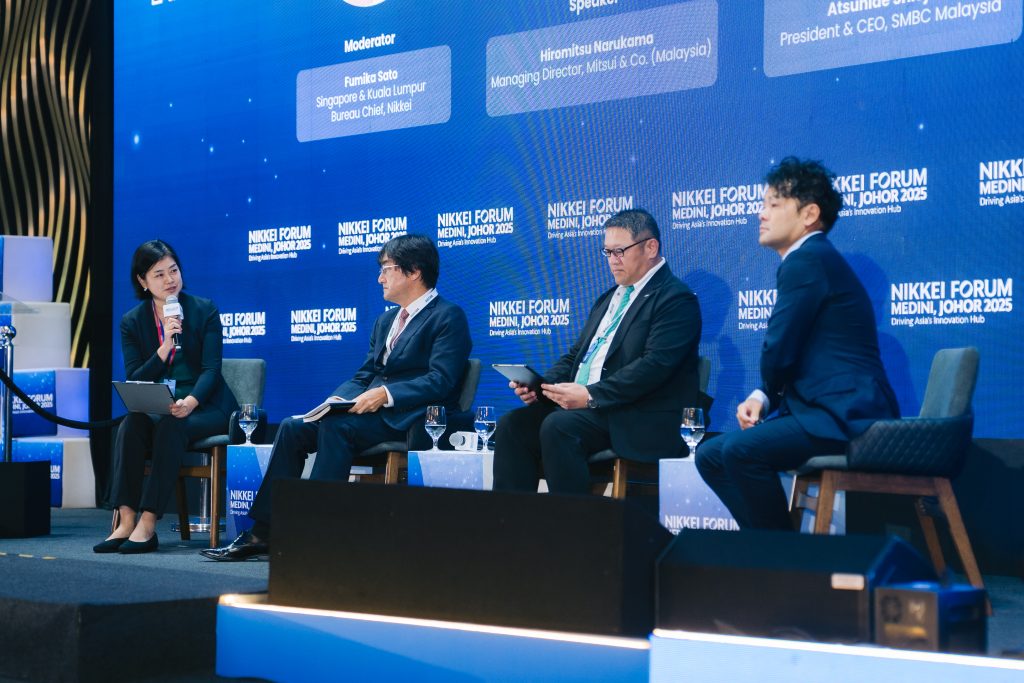
Green Energy and Logistics: Strategic Priorities
Energy and infrastructure emerged as key themes. Johor’s Pengerang has become a regional oil and gas hub, while Sabah has attracted further investment from ConocoPhillips. Ports like PTP and Johor Port are also being recognized as strategic nodes in the regional logistics network.
Japanese Ambassador to Malaysia H.E. Noriyuki Shikata highlighted Japan’s commitment to collaborating with Malaysia on green investment and technology. In particular, he cited Japan’s LNG-based cooling technology as a sustainable solution for the rising energy demands of Johor’s data center industry. He also emphasized the significance of the green electricity flow project from Sarawak to Johor and its alignment with the ASEAN Power Grid vision.
Ambassador Shikata also spoke about his “Look at Each Other Policy,” encouraging not only Malaysian students to study in Japan but also more Japanese youth to pursue education in Malaysia, especially in emerging regions like Johor. He proposed creating joint university programs to foster future bilateral leaders.
On-site, the Johor State Investment Centre signed a Memorandum of Understanding with Yokohama-based NeoJapan to establish its Southeast Asia Centre of Excellence (SEA CoE) in the JS-SEZ. CEO Akinori Saito stated the centre will train over 1,000 local talents in cloud infrastructure, multilingual IT support, and no-code development.
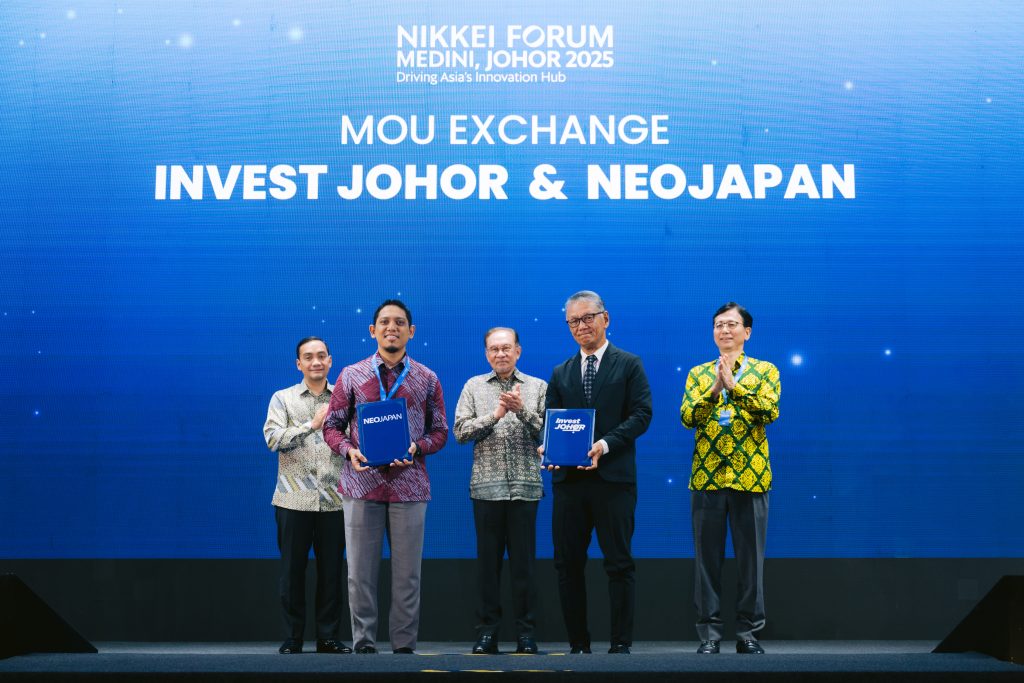
A Platform for Regional Synergy
As Malaysia chairs ASEAN in 2025, PM Anwar reiterated his commitment to take the ASEAN position in navigating geopolitical complexities. “We are a small nation, but we maintain an independent and principled foreign policy. Our strategy is grounded in national interest and the well-being of our people,” he noted.
Anwar emphasized that Malaysia seeks to balance its strategic ties with the U.S., China, and Japan, while advocating for rules-based multilateralism. The statistic shows that the U.S. is Malaysia’s top electronics export destination, Japan as a key green tech partner, and China as a vital player in infrastructure and manufacturing.
The Nikkei Forum Medini Johor 2025 served not only as a platform for dialogue between Japan and Malaysia but also as a stage to spotlight Johor’s transformation and Southeast Asia’s evolving role in the global economy. With increasing interest from Japanese and ASEAN investors, the forum laid the groundwork for deeper connectivity, technology transfer, and regional integration. It highlighted Johor’s emergence as a future-facing innovation corridor where policy, infrastructure, and international cooperation converge.


